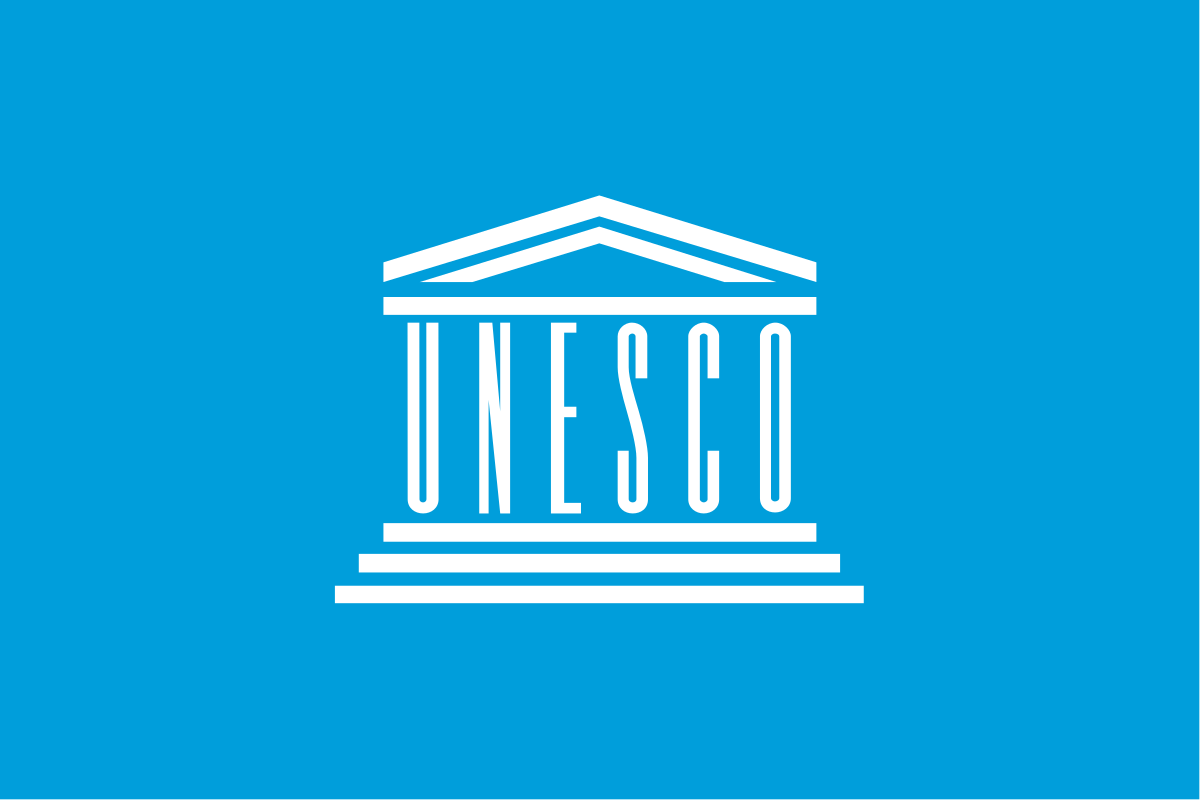Stamp: Machu Picchu, Peru (Peru 2023)
Machu Picchu, Peru (Peru 2023)
01 November (Peru ) within release Diplomatic Relations with Japan, 150 Years (2023) goes into circulation Stamp Machu Picchu, Peru face value 2.60 Peruvian nuevo sol
| Stamp Machu Picchu, Peru in catalogues | |
|---|---|
| Colnect codes: | Col: PE 2023.11.00-02a |
Stamp is square format.
stamp from se-tenant pairAlso in the issue Diplomatic Relations with Japan, 150 Years (2023):
- Se-tenant - Diplomatic Relations with Japan, 150 Years face value 2*2.60;
- Stamp - Machu Picchu, Peru face value 2.60;
- Stamp - Nachi Waterfall, Japan face value 2.60;
|
Data entry completed
53%
|
|
|---|---|
| Stamp Machu Picchu, Peru in digits | |
| Country: | Peru |
| Date: | 2023-11-01 |
| Print: | Offset lithography |
| Emission: | Commemorative |
| Format: | Stamp |
| Face Value: | 2.60 Peruvian nuevo sol |
Stamp Machu Picchu, Peru it reflects the thematic directions:
Archaeology or archeology[a] is the study of human activity through the recovery and analysis of material culture. The archaeological record consists of artifacts, architecture, biofacts or ecofacts, sites, and cultural landscapes. Archaeology can be considered both a social science and a branch of the humanities. It is usually considered an independent academic discipline, but may also be classified as part of anthropology (in North America – the four-field approach), history or geography
Diplomacy is the main instrument of foreign policy which represents the broader goals and strategies that guide a state's interactions with the rest of the world. International treaties, agreements, alliances, and other manifestations of international relations are usually the result of diplomatic negotiation and processes. Diplomats may also help shape a state by advising government officials.
A flag is a piece of fabric (most often rectangular or quadrilateral) with a distinctive design that is used as a symbol, as a signaling device, or as decoration. The term flag is also used to refer to the graphic design employed, and flags have since evolved into a general tool for rudimentary signalling and identification, especially in environments where communication is similarly challenging (such as the maritime environment where semaphore is used). National flags are patriotic symbols with varied wide-ranging interpretations, often including strong military associations due to their original and ongoing military uses. Flags are also used in messaging, advertising, or for other decorative purposes. The study of flags is known as vexillology, from the Latin word vexillum, meaning flag or banner.
The United Nations Educational, Scientific and Cultural Organization (UNESCO; pronounced /juːˈnɛskoʊ/) is a specialized agency of the United Nations (UN) with the aim of promoting world peace and security through international cooperation in education, arts, sciences and culture. It has 194 member states and 12 associate members,as well as partners in the non-governmental, intergovernmental and private sector. Headquartered in Paris, France, UNESCO has 53 regional field offices and 199 national commissions




